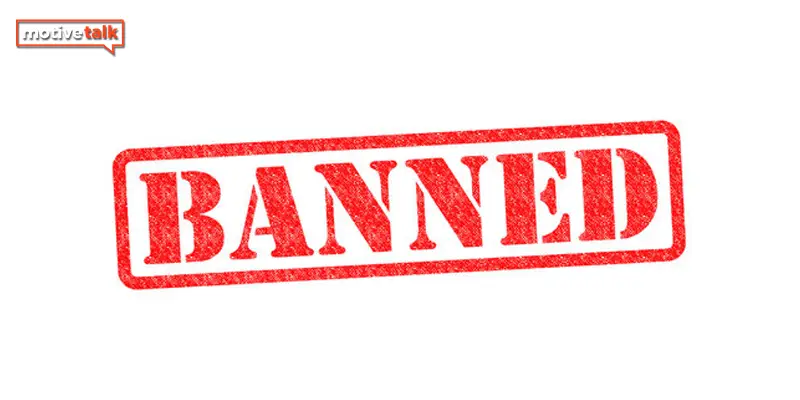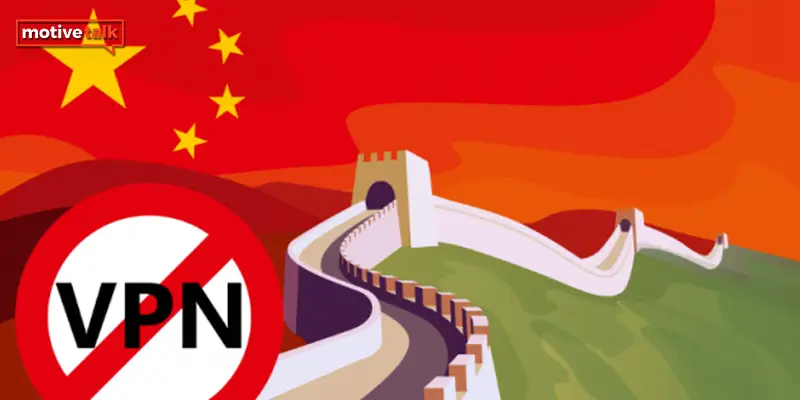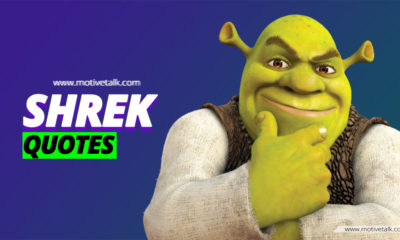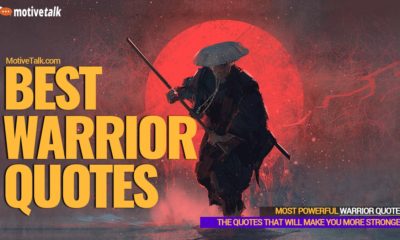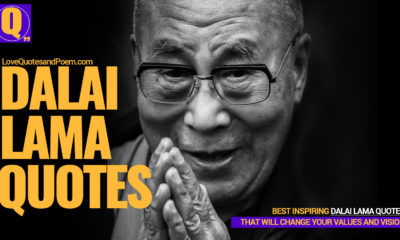Top List
The Top 10 Items Which Banned From China: Famous to Forbidden!
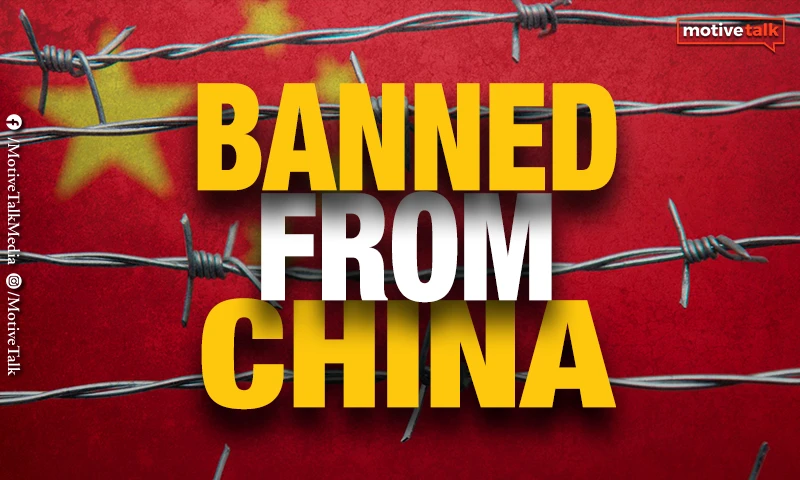
Greetings, dear readers, and welcome to a fascinating exploration of the enigmatic world of bans and restrictions in the heart of Asia. Exploring through the intriguing topic of “Banned From China: Famous to Forbidden!” where some of the world’s most famous and cherished elements find themselves in the realm of the forbidden. In a land where ancient traditions harmonize with cutting-edge modernity, there exists a tapestry of curiosities, a world where certain things remain veiled from public view.
List of Items which Banned From China
We are living in a world where curiosity knows no bounds, but there are nations steeped in tradition and secrecy whose boundaries know no bounds. In our gripping blog, “Banned From China: Famous to Forbidden,” we unravel the enigmatic tapestry of prohibitions in the Middle Kingdom (China). From the famous faces denied entry to the forbidden words that dare not be spoken, join me on a journey through the captivating paradoxes of China’s unique cultural landscape. Discover the stories that lie beneath the surface, where ancient mystique dances with modernity, and where the forbidden beckons to be explored. This is your all-access pass to the adventurous ride of crazy yet intriguing bans and restrictions of China.
10. Video Games
China’s stance on video games has been unwavering, with more than 60 titles falling under the “banned from China” category for live-streaming on the popular local platform, Bilibili. This stern crackdown, led by the Ministry of Culture, primarily targets games deemed excessively violent, sexualized, or containing elements of gambling. Notable titles such as Resident Evil, Mortal Kombat, and Grand Theft Auto have been affected. What’s even more striking is the gaming curfew implemented in August 2021, restricting Chinese children from indulging in video games for more than three hours per week. Mandatory real-name registration enables monitoring of gaming behavior. Restrictions on in-game purchases for minors combat excessive spending, with disclosed loot box probabilities.
9. Films
Notable films, even those from the globally popular Marvel Cinematic Universe (MCU), like “Doctor Strange” and “Deadpool,” find themselves “banned from China.” These bans are driven by factors such as sensitive content or the need for extensive censorship. For instance, movies like “Seven Years in Tibet” and “Kundun” were banned for their portrayal of Tibetan independence and the Dalai Lama. Others, like “Brokeback Mountain,” faced restrictions due to their treatment of LGBT themes. China import restrictions on such films or any sensitive merchandise are pretty strict. China’s strict control over film content ensures that only movies meeting its regulatory criteria can reach its vast audience, often requiring filmmakers to navigate complex censorship and approval processes to do so.
8. Celebrities
Celebrities banned from China or faced aggressive backlash for various reasons, including political views, controversial behavior, involvement in sensitive content, support for LGBTQ+ rights, religious affiliations, unapproved appearances, past actions, and online behavior. Some notable examples of banned celebrities include:
- Richard Gere: Banned for his support of Tibetan independence and the Dalai Lama.
- Brad Pitt: “Seven Years in Tibet” led to his ban due to its Tibet-related content.
- Sharon Stone: Her remarks about the 2008 earthquake being “karma” resulted in a ban.
- Björk: Banned after she shouted “Tibet, Tibet” during a concert in China.
- Lady Gaga: Banned due to her support for LGBTQ+ rights.
- Fan Bingbing: Disappeared from the public eye due to a tax evasion scandal.
- John Cena: Faced backlash for referring to Taiwan as a country.
7. Popular Merchandises
In China’s rulebook, there’s a section where some stuff that is commonly popular in the world gets a “banned from China” stamp. This includes books like “1984” by George Orwell and magazines like Time and The Economist that talk against the rules or politics, and foreign video game consoles like PlayStation and Xbox, which were once off-limits and now come with strings attached. Even our favorite bear, Winnie the Pooh, got in trouble for funny comparisons with China’s President Xi Jinping. It’s like a story where China carefully decides what’s allowed, and these items face special rules, all under the “banned from China” and “products banned in China” labels.
6. Gambling
Gambling is largely “banned from China.” The government enforces strict regulations to prohibit various forms of gambling, including casinos, online gambling, and illegal betting. These measures stem from concerns about social stability and addiction, aligning with China’s longstanding stance against gambling due to its perceived impact on social order and criminal activity. Engaging in illegal gambling activities can result in severe penalties, such as fines and imprisonment. Authorities may also confiscate assets related to illegal gambling operations. Online gambling is actively restricted through the Great Firewall. While there are exceptions in certain regions like Macau, mainland China maintains stringent measures to uphold the ban on gambling, aiming to curb its potential social and economic consequences.
5. Names and Terms
In China, certain terms and topics are put on the strictest lockdown, unmistakably “banned from China.” Think of sensitive subjects like Tiananmen Square, Falun Gong, the Dalai Lama, or even discussions about democracy, Taiwan independence, and human rights. References to Xinjiang’s re-education camps or protest movements are locked away too. Surprisingly, even playful comparisons to Winnie the Pooh are no-go zones. These bans show how the government tightly controls information to maintain order. It’s like having a strict librarian who keeps certain books off the shelves, and if you try to check them out, you might face serious consequences.
4. VPNs
In China, VPNs, the digital tools that can unlock a world of unrestricted internet access, are firmly “banned from China.” This ban is all about the government’s need to control information flow and its concerns about online security. VPNs, known for their ability to get around China’s Great Firewall, challenge the government’s power to decide what’s on the internet and can also pose some security risks.
Imagine you’re a traveler in China, eager to connect with the world through social media platforms like Facebook or Twitter, both of which are typically “banned from China.” However, the determined tourist equipped with a trusted VPN might find a secret key to unlock these digital gates, though with varying degrees of success. So, while VPNs can offer a way to access blocked content, the situation is quite complicated in China, where the government’s control over the internet is a top priority.
Top #3 Products or Items which Banned from China are Below
3. Religious and Spiritual Restrictions
In China’s spiritual landscape, some beliefs find themselves unwelcome, labeled “banned from China”. Falun Gong, once popular, is now forbidden. Unregistered “house churches,” though attended by devoted followers, aren’t officially recognized. In Xinjiang, Uighur Islam struggles with a strict government that wants to change its practices. Tibetan Buddhism faces rules on monastic life and education. Even underground churches, formed by those wanting more freedom, are monitored. These tough measures carry the label “banned from China,” showing how China aims to shape religious beliefs to match its politics while keeping social order intact.
2. Cryptocurrency
Cryptocurrencies such as Bitcoin and Ethereum are “banned from China” due to concerns about financial stability, capital flight, and regulatory oversight. The government aims to curb the potential disruption caused by cryptocurrency’s price volatility, and it wants to maintain control over its financial system, preventing money from leaving the country. The lack of regulation in the cryptocurrency world also raises concerns about illicit activities. As a result, China has prohibited cryptocurrency trading, ICOs, and mining activities. To address these issues, China is developing its digital currency, the Digital Yuan, to retain control over its monetary landscape in the face of cryptocurrency’s growth and uncertainty.
1. Social Media Platforms
China’s digital landscape is marked by a unique set of circumstances—foreign websites and social platforms find themselves “banned from China.” Notable names like Google, Facebook, Twitter, Wikipedia, YouTube, etc. are among the websites banned in China explicitly! This is because the Chinese government wants to control what people see online. They use a strong system called the Great Firewall to block these websites. Instead, people in China use local apps like WeChat and Weibo. So, while other countries can access these sites, they are “banned from China” to maintain government control over the internet.
Conclusion of Banned from China
As we conclude our exploration of ‘banned from China,’ we’ve uncovered some truly peculiar restrictions. Yet, what binds these bans is the enigmatic resolve of the government of the People’s Republic of China, which may appear despotic to champions of democracy. In a democracy, people thrive on empowerment, freedom, and collective responsibility, akin to a tight-knit family. But within the government’s veil of secrecy, their motivations for these unique bans remain shrouded. Our enduring hope is that these rules serve the safety and well-being of their citizens. In this complex tale of government and culture, we hold onto that hope.
Summary
Here is the list of the Items Which Banned from China.
- Social Media Platforms
- Cryptocurrency
- Religious and Spiritual Restrictions
- VPNs
- Names and Terms
- Gambling
- Popular Merchandises
- Celebrities
- Films
- Video Games
You may also read
-
Who is3 months ago
Who Is Fauzia Mubarak Ali? Famous Cat Stevens Wife & Their Children (Update: Jan 2024)
-
Comics9 months ago
Best Shrek Quotes About Life From The Shrek Series
-
Miscellaneous2 years ago
Lone Wolf Quotes – That Will Trigger Your Soul and Mind
-
Miscellaneous7 months ago
Warrior Quotes – That Will Make You More Stronger
-
Miscellaneous11 months ago
Top 27 Letterkenny Quotes – That Will Make Anyone Laugh
-
Super Hero2 years ago
Captain America Quotes – All Are Ultimate Leadership Quotes
-
Politicians2 years ago
Most Powerful Vladimir Putin Quotes – That Will Blow Your Mind
-
Miscellaneous2 years ago
Dalai Lama Quotes – That Will Change Your Values and Vision







